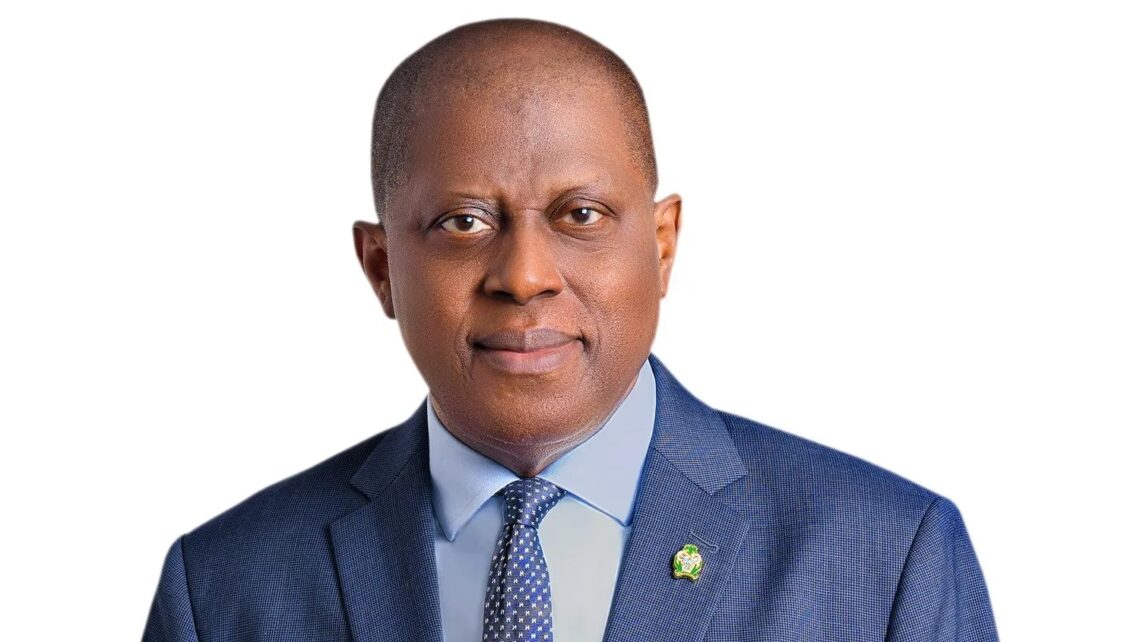Central Bank of Nigeria (CBN) Governor Olayemi Cardoso, has urged a pragmatic and collaborative approach to cryptocurrency regulation, saying the country can no longer ignore the rapid growth of digital assets or their impact on the financial system.
Speaking at the inaugural CBN Governor’s Lecture Series at Lagos Business School on Friday, Cardoso said the rise of cryptocurrency in Nigeria reflected both regulatory gaps and public demand for alternatives. He recalled how limited access to foreign exchange pushed many Nigerians into digital trading.
“About two years ago, we reported the issues with cryptocurrency and Binance. What happened was that suddenly, over a period of time, coin exchange became very difficult to get. As a result, many people turned to cryptocurrency,” he said.
According to him, the sector grew into a parallel financial architecture, largely outside regulatory oversight. “In many respects, the regulators left this alone, and people believed that perhaps it didn’t exist, until, of course, certain things happened, and then it became clearer that there was certainly a market there,” he explained.
Cardoso said Nigeria ranked among the world’s top markets for cryptocurrency trading, citing figures that put the country second globally by trading volume. “Certainly, the volumes of people were very large,” he noted.
The governor stressed the need for a coordinated framework, revealing that the CBN is working with the Securities and Exchange Commission ( SEC) and other regulators. “We’re deep in collaboration to ensure that all the different regulatory authorities can midwife through the process that is sustained with respect to digital currency,” he said, describing the initiative as “a work in progress” that must be carefully managed rather than dismissed.
Beyond crypto, Cardoso underscored the CBN’s broader push for innovation. “We believe that we do need to have a clearly defined roadmap on innovation and the process of embracing digital technology,” he said, disclosing that the bank has engaged experts to explore options including central bank digital currencies (CBDCs). “We’re doing that, but it’s early times yet. But I do believe that there is certainly a way forward.”
He also used the platform to encourage young Nigerians, particularly women, to consider careers in central banking. “Contrary to what you may think, you will find that there are people who work in the central bank who have multidisciplinary skills. They’re not all economists, they’re not all financiers,” he said.





